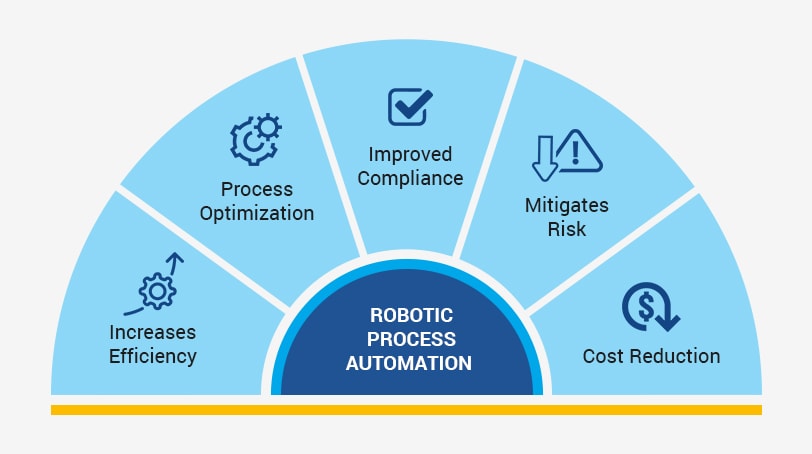RPA Reshaping Intelligent Procurement
By Sanjay Puri, CEO, C1 Global
In our previous blog, we explored blockchain and how it can transform the procurement industry. Today, we will explore about one of the most actively used technology that has helped to scale-up the procurement industry by leaps and bounds - robotic process automation.
Traditionally, procurement encompassed tedious manual work such as data entries, general ledgers updates, invoice processing, payment schedules, etc. Performing all these tasks not only demanded long hours but were prone to human errors. To outperform, automation was required to improve the efficiency and effectiveness of such processes. This is where the robotic process automation stepped in. Robotic process automation refers to a capable software-tool/program/application/robot (“bot”) that can automate and replicate human activities that are manual, rule-based, and repetitive. It can replicate activities without human intervention for comprehension.
It is important to understand that RPA is not similar to ML or AI since it only replicates rule-based human activities instead of learning and executing them on its own. In procurement, RPA significantly helps in reducing the process time cycle, it also improves the operational efficiency, mitigates risks, develops a strong audit trail for future, and due to the faster processing, it allows procurement professionals to focus extensively on strategic procurement decisions. Let’s understand in-depth how RPA benefits procurement and how it has transformed the industry:

- Increases Efficiency: RPA automates rule-based human activities with minimalistic intervention and generates error-free results. This results in reduced time cycles and generates output much faster leading to increased operational efficiency. It increases efficiency from purchase requests to purchase orders and also helps in inventory management.
- Process Optimization: RPA takes over all the rule-based integrated activities hence helps procurement professionals to focus on strategic planning and implementations. It increases the rate of output generation and quality of performance. RPA can help to improve invoice processing, demand, and supply planning.
- Improved Compliance: Stringent checks and adherence to rules and regulations are important consideration points when it comes to compliance. RPA ensures certain processing checks which help to avoid and identify any mismatch. It helps in improving contract management.
- Mitigates Risk: RPA helps in minimizing vendor-related risks, contractual risks, compliance risk, processing risks, inventory management risks, etc. through streamlined automation and providing ease in management of risks. It helps to keep proper and timely checks.
- Cost Reduction: The automation helps in reducing manpower efforts in performing tedious and repetitive tasks. RPA not only helps in reducing workforce hiring costs but also provides flexibility and allows management to focus on strategic planning and implementation. It improves the productivity of an enterprise.
The RPA helps to bring out the best kind of synergy between automation and human capital efforts in procurement. Apart from the above-mentioned benefits, it aims to divert managements focus on the strategic side of the business rather than handling petty data-related issues that can be taken care of by the RPA. It is a widely used automation process in the procurement industry and will be used extensively until ML and AI becomes significantly affordable technologies.
